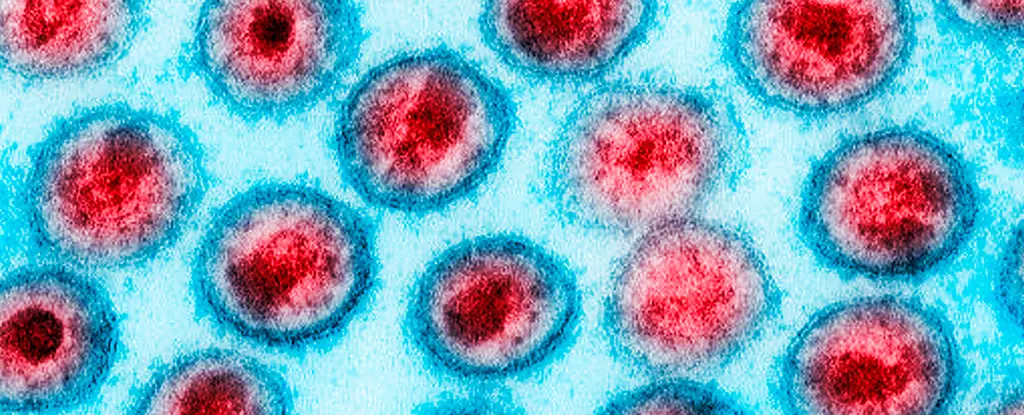A recent randomized controlled trial has provided valuable insight into the potential benefits of circumcision in reducing the risk of HIV infection among men who have sex with men. This study, conducted by researchers from Sun Yat-sen University in China, compared two groups of men who voluntarily underwent circumcision over a twelve-month period. The findings of this study have important implications for public health interventions aimed at reducing the spread of HIV.
Previous observational studies have suggested a link between circumcision and a reduced risk of HIV transmission. However, these studies have been subject to sampling biases, leading to debates over the validity of the findings. The new randomized controlled trial sought to address these limitations by randomly assigning participants to either an intervention group that received immediate circumcision or a control group that had their circumcision delayed by a year. This method allowed researchers to more accurately assess the impact of circumcision on HIV infection rates.
The study enrolled 247 uncircumcised men between the ages of 18 and 49 who were HIV-seronegative and reported engaging in primarily insertive anal intercourse with multiple male partners. The results revealed that none of the men in the intervention group who received immediate circumcision became infected with HIV during the study period. In contrast, the control group, whose circumcision was delayed, experienced five seroconversions, indicating instances of HIV infection. While the study found no significant differences in rates of other sexually transmitted diseases, the impact of circumcision on HIV transmission was clear.
Despite the promising findings, the study has some limitations that should be taken into consideration. The sample size was smaller than ideal, and the overall rate of HIV infection was lower than expected. Additionally, the practice of circumcision, particularly when performed on minors, remains a controversial topic. Advocacy for non-consensual circumcision as a public health intervention is a sensitive issue that must be approached with caution.
The promotion of circumcision as a preventive measure for HIV infection has faced criticism, particularly in the context of campaigns targeting African communities. Some critics have argued that these initiatives reflect cultural imperialism and fail to consider the broader social and economic factors contributing to HIV prevalence. It is essential to approach circumcision as a potential intervention with sensitivity to cultural differences and ethical considerations.
While the new study offers promising evidence of the protective effects of circumcision against HIV infection among men who have sex with men, it is important to recognize the need for comprehensive measures to combat the spread of the virus. Circumcision may serve as a valuable component of HIV prevention strategies, but it should not be viewed as a standalone solution. Continued research and awareness of the cultural and ethical implications of circumcision are essential for developing effective public health interventions.


Leave a Reply